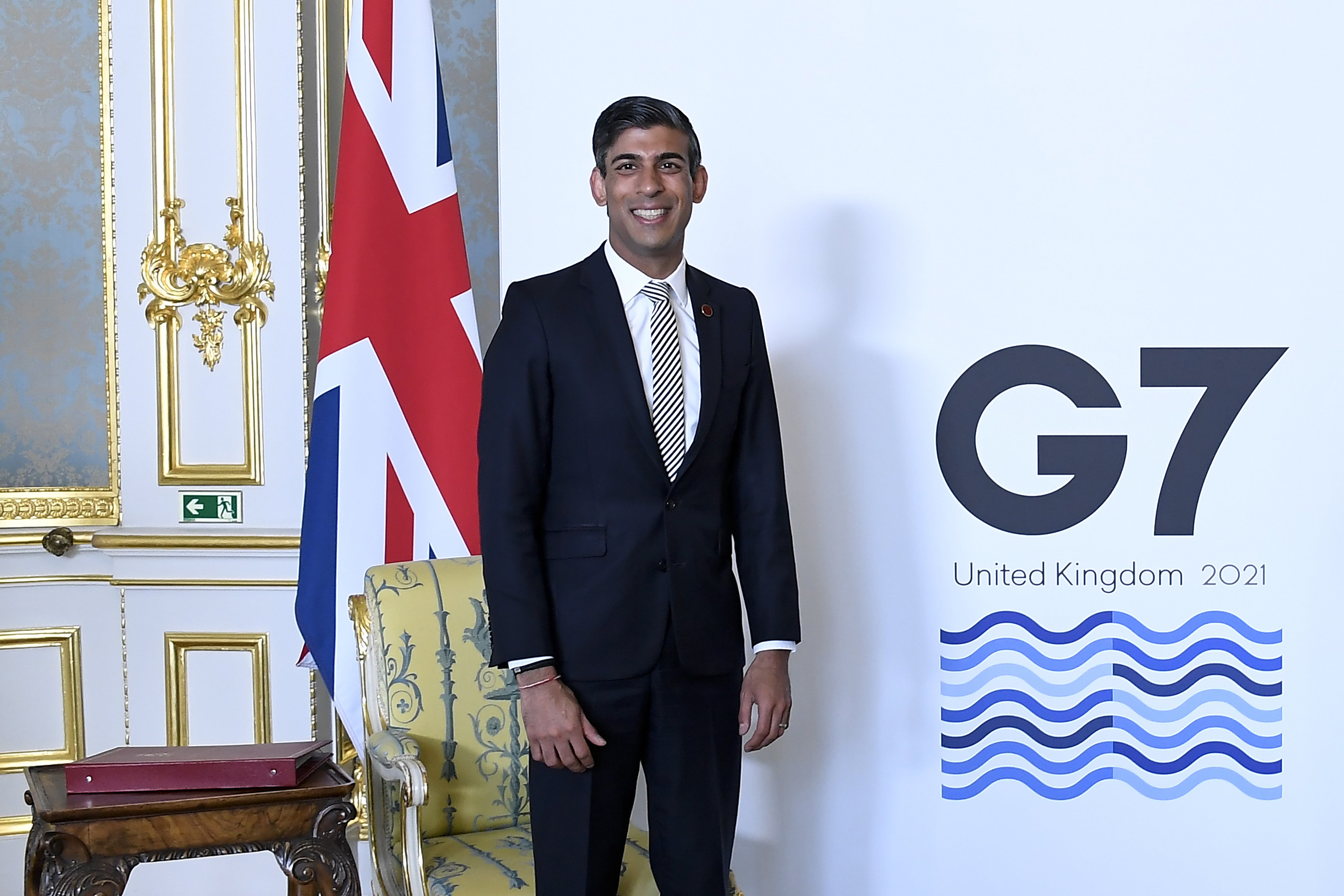The G7 tax avoidance deal may be the start of a long-overdue healing process
It is intolerable that giant and highly profitable enterprises should be able to avoid paying a reasonable level of corporation tax


Your support helps us to tell the story
From reproductive rights to climate change to Big Tech, The Independent is on the ground when the story is developing. Whether it's investigating the financials of Elon Musk's pro-Trump PAC or producing our latest documentary, 'The A Word', which shines a light on the American women fighting for reproductive rights, we know how important it is to parse out the facts from the messaging.
At such a critical moment in US history, we need reporters on the ground. Your donation allows us to keep sending journalists to speak to both sides of the story.
The Independent is trusted by Americans across the entire political spectrum. And unlike many other quality news outlets, we choose not to lock Americans out of our reporting and analysis with paywalls. We believe quality journalism should be available to everyone, paid for by those who can afford it.
Your support makes all the difference.The global tax agreement reached today by the G7 deserves three cheers – but should also carry with it a note of caution.
Cheer one is that there should be an agreement at all. The G7 – comprising what used to be the seven largest economies in the world – has been rather on the sidelines. China, now the world’s second largest economy, and India, which is now number five, are not members. Italy and Canada, which have slipped down the league table, still are.
The big tussles now in global trade are between the US and China, and to a lesser extent the US and the EU. But the G7 is still useful – in this case extremely so – because fairness in corporate taxation is one area in which the “old” economic leaders have a common goal. It took American leadership to achieve that goal, and the fact that President Biden is showing that leadership is really welcome.
That leads to the second cheer. The US is back in the international policy-making game. The Trump administration has been difficult for America’s supporters, for it often seemed that the US was more interested in trying to strike bilateral deals with China and Russia than in talking with its natural allies. There are still tensions in international trade, particularly between the US and Europe, but at last there is a path to defusing them.
And third, one of the great wounds that has scarred global corporate behaviour may start to heal. It is intolerable that giant and highly profitable enterprises should be able to avoid paying a reasonable level of corporation tax by setting up shell companies in tax havens. Market capitalism cannot survive if they are permitted to do that.
Legally, they may be in the right to shift their profits around. Morally they are not. There are other welcome elements in the G7 agreement, especially making climate reporting mandatory and cracking down on environmental crimes. But a fair minimum tax rate is the start of something big. There has never been an agreement on global taxation before. Now there is.
And the caution?
We must wait and see how this deal works in practice. There is a long history of grand international agreements that fail to live up to their expectations. Sometimes countries use loopholes to get around their commitments. Companies discover new “incentives” that enable them to avoid both tax and regulation. Governments encourage them.
Moreover, the fastest-growing parts of the world economy – China, India, Brazil and so on – are not party to this agreement. Just because seven finance ministers sign something, it does not change the way the world operates.
The world economy will never allow for a totally level playing field. We should not be starry-eyed about this effort to do so. But equally we should not be overly cynical. The world benefits enormously from the goods and services its giant enterprises provide. And if this is the start of a wider movement to improve the way they do so, then it deserves a welcome.
Join our commenting forum
Join thought-provoking conversations, follow other Independent readers and see their replies
4Comments